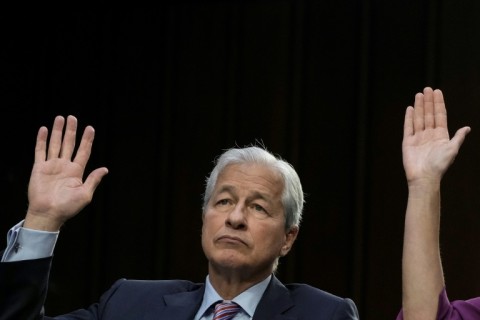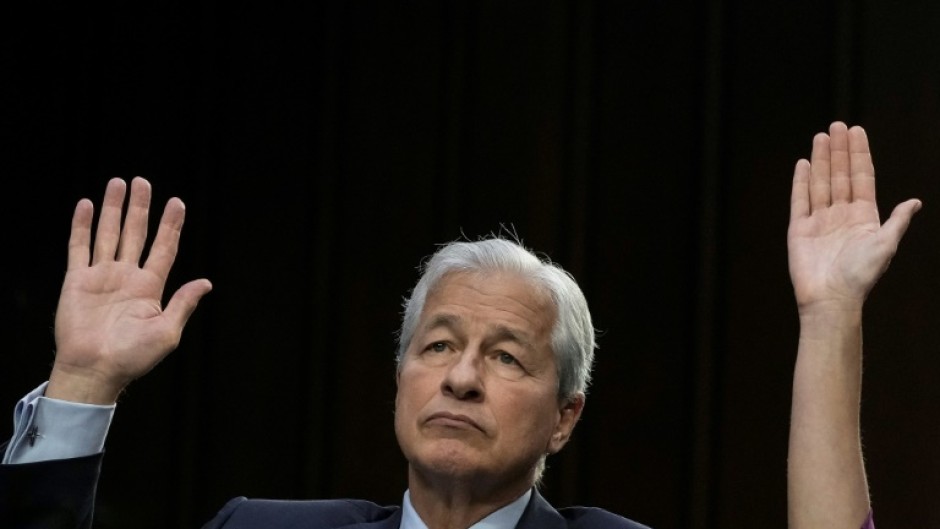
WASHINGTON - While the current banking crisis isn't like 2008, it "is not yet over" and will be felt for years to come, JPMorgan Chase Chief Executive Jamie Dimon said Tuesday.
Dimon, who has in coordination with Washington officials shaped the financial industry's response to the crisis, said recent bank failures "have significantly changed the market's expectations ... the stock market is down and the market's odds of a recession have increased," he wrote in his annual shareholder letter.
"And while this is nothing like 2008, it is not clear when this current crisis will end."
READ: US government seeks to avoid 'bailout' label amid banking turmoil
Much as in 2008, Dimon has played a key role in trying to support the system, this time by shoring up First Republic Bank following failures of Silicon Valley Bank and Signature Bank that were followed by the demise of Credit Suisse.
Although First Republic has stabilized somewhat since Dimon helped lead a joint $30 billion lifeline to the bank through a collaboration of 12 banks, the industry is not completely out of the woods yet, said Dimon, who highlighted the possibility that the Fed will need to keep interest rates high for longer than currently expected.
Current risks posing "storm clouds" include "higher inflation for longer, the market effects of (quantitative tightening) and growing political risks," Dimon said. "Of course, I cannot be sure this will happen, but I place higher odds on it than the 'market.'"
Dimon warned against backward-looking federal regulation, calling the current regime of Fed stress testing an "mind-numbingly complex task about crossing t's and dotting i's."
The Fed did not test for higher interest rates, a catalyst in recent failures, Dimon said.
"It should be noted that regulations, the supervisory regime and the resolution regime currently in place did not stop SVB and Signature Bank from failing -- and from causing systemwide issues," Dimon said.
"We should carefully study why this particular situation happened but not overreact."

